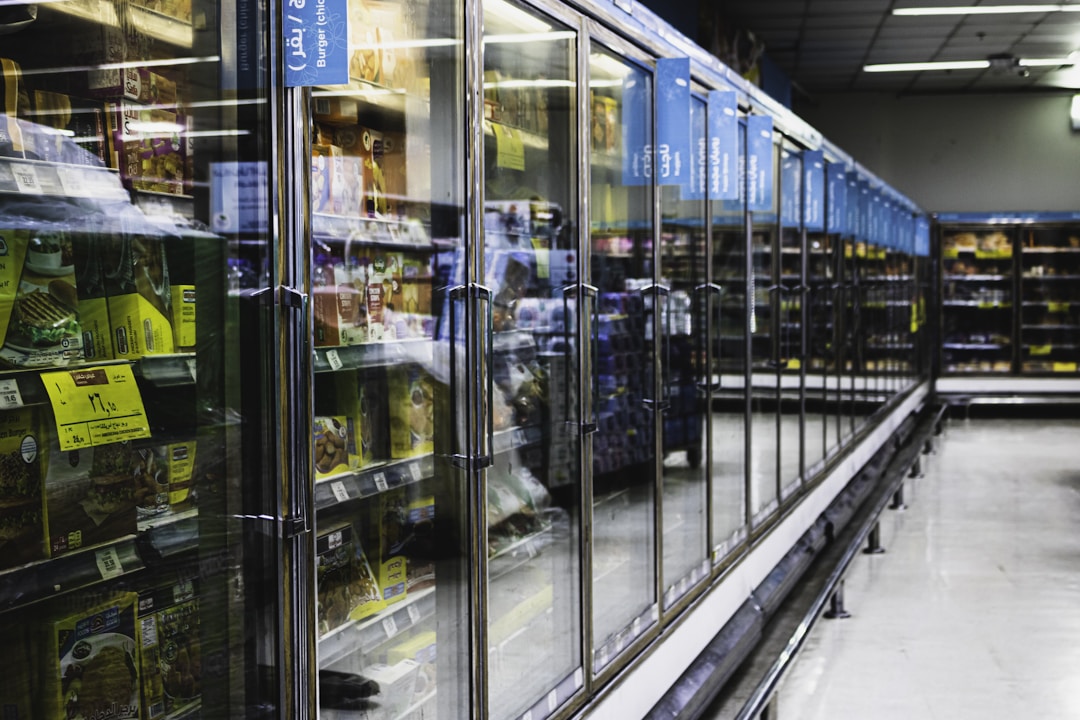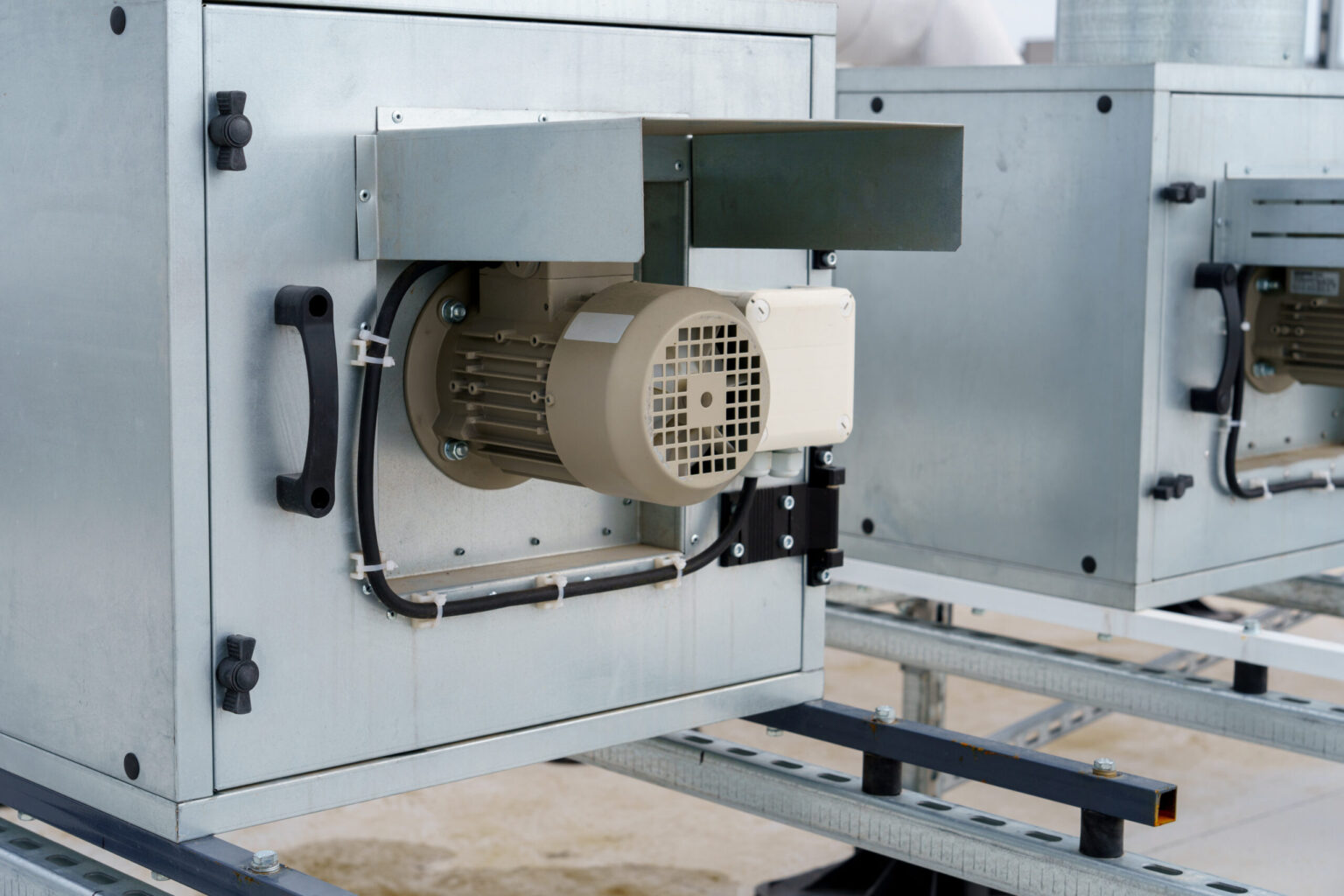Understanding the Benefits of Evaporative Condensers in Refrigeration Applications
In the constantly evolving world of refrigeration technology, the race for more efficient and effective systems never ends. A pivotal player in this endeavor presents itself via the use of evaporative condensers. For enhanced comprehension, the use of outstanding products, like the evaporative condensers from Genemco, can elucidate the full potential achievable using these systems. In this article, we delve deeper into the role, advantages, and functioning of evaporative condensers in refrigeration applications.
Unveiling the Concept of Evaporative Condensers in Refrigeration

Substantially, evaporative condensers perform as a significant nexus between air conditioning, industrial cooling, and refrigeration systems. Their operation entails the principal intersection of directly coupling a condenser with a cooling tower, fostering significant energy benefits in the process.
Evaporative condensers introduce a revolutionary facet of efficient heat rejection by integrating a coil that facilitates optimal heat transfer. Equally substantial is their versatile disposition, permitting them to serve an extensive array of commercial and industrial applications.
Importantly, accuracy in choosing an evaporative condenser, considering factors such as installation, maintenance cost, and energy efficiency, cannot be overstated in achieving desirable performance levels.
Key Benefits of Using Evaporative Condensers for Refrigeration Purposes
Undeniably, the primary advantage of deploying evaporative condensers in refrigeration is their superior energy efficiency. This is derived from their innate capability to utilize significantly less power compared to conventional air-cooled and water-cooled condensation systems.
Another irresistible bonus to using evaporative condensers is their lesser water consumption. This aspect is particularly pivotal given the prevailing environmental concerns and water scarcity issues.
Evaporative condensers also offer a unique merit through their reduced refrigerant volume requirement. This outcome directly reduces the potential environmental impact and improves safety by curbing the volume of refrigerant leakage during operation.
Lastly, their compact and concise design offers immense savings on space requirements, especially in high-density commercial or industrial environments where space is often a premium commodity.
Understanding the Working Principle of Evaporative Condensers

At the core of the operating mechanism of evaporative condensers is the principle of evaporation. Hot refrigerant gas from the compressor enters the coil of the condenser, where it releases heat to the surrounding cooling medium.
The cooling medium in this context is a mixture of air and water. The unit’s fan draws air over the coil, and at the same time, water is sprayed over the coil. This arrangement escalates heat transfer from the refrigerant to the cooling medium.
The cooled liquid refrigerant then exits the condenser, to be expanded, and later evaporated in the evaporator, to complete the refrigeration cycle. The unconsumed water is collected in a sump at the bottom of the unit, to be recirculated, thus conserving water.
The Role of Evaporative Condensers in Improving Energy Efficiency
The role of evaporative condensers in elevating energy efficiency cannot be emphasized enough. First and foremost, they require less cooling medium, thus saving on the pumping energy that would have been needed in a traditional water-cooled condenser.
Air-cooled condensers often struggle with high condensing temperatures, especially in hot conditions. However, evaporative condensers maintain a more or less constant condensing temperature, thus improving the cooling capacity of the refrigeration system and contributing to its overall energy efficiency.
The significantly reduced refrigerant charge improves the system’s coefficient of performance (COP), hence elevating the refrigeration system’s total efficiency. Furthermore, this allows the system to be more responsive to load fluctuations, hence maintaining a tighter control of the process cooling requirements.
Importantly, the durability of evaporative condensers also contributes to energy saving, reducing the need for regular repairs and replacements. Their design permits them to withstand corrosive environments and harsh weather conditions, prolonging their service life and hence their energy-saving benefits.
Altogether, evaporative condensers offer a coherent blend of efficiency, space conservation, and environmental friendliness, bestowing them a considerable edge in refrigeration applications. While maintenance concerns may pose occasional challenges, their overall benefits undoubtedly accord them a deserving consideration in modern refrigeration technology.






